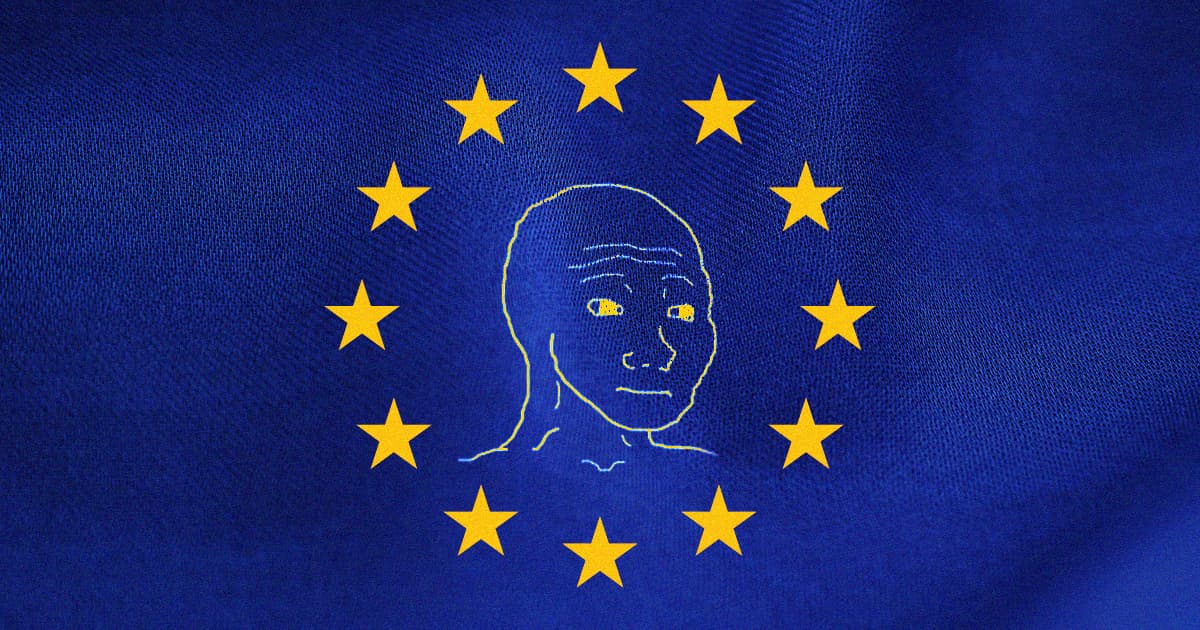Copyright Directive
The doomsday clock is ticking for European internet users.
Last night, the European Parliament approved the final text of a controversial online copyright law that would force internet platforms to filter everything users upload for copyright — including memes — and charge news aggregators to link to news publications.
The move comes after months of adjustments to the Parliament's proposed Copyright Directive. Parliament members will gather for a final vote later this year.
Most contentious of all are two Articles included in the proposed Copyright Directive:
Article 11
This rule, dubbed the "link tax," would force news aggregators — including heavyweights like Google News — to get a license from news publishers and remunerate them for linking to their articles.
Parliament member Julia Reda, a prominent opponent of the new law, has argued that small publishers with less brand recognition could lose out — and that the law could boost fake news by discouraging the sharing of reputable news that would charge more.
Article 13
Arguably even more controversial is Article 13, which some publishers have called a "meme ban." This rule would force major platforms like YouTube to filter every single upload to prevent copyright infringement.
That could end up severely limiting the freedom of expression and could end up force big corporations to install monitoring and surveillance technology, Reda argued. It could also spell doom for meme culture, according to critics.
"Article 13 takes an unprecedented step towards the transformation of the Internet, from an open platform for sharing and innovation, into a tool for the automated surveillance and control of its users," inventor of the internet Tim Berners-Lee declared in an open letter.
Vague Text
Many critics of the Directive argue that the vague wording could allow for overreaching new rules that could restrict freedom of speech even further. The Parliament's answer: the memes will live on.
A lot is at stake for European internet users. The rules that govern what is and what isn't copyright infringement are already hard to discern — and this law could make it even more difficult.
READ MORE: Tech Industry and Activists Still Hope to Sink New EU Copyright Rules [Fortune]
More on the Copyright Directive: This Newly Approved European Copyright Law Might Break the Internet
Share This Article
